US and UK reject Paris AI declaration Over national security and regulation
- Update Time : Thursday, February 13, 2025
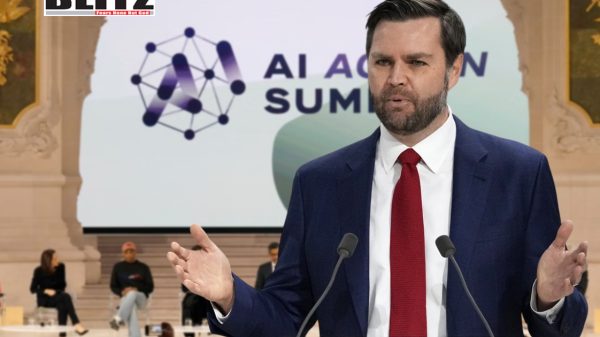
The United States and the United Kingdom have declined to sign a landmark declaration on “inclusive and sustainable” artificial intelligence at the Paris AI Action Summit, raising concerns about global cooperation in the regulation and development of AI. The refusal by two of the world’s leading AI powerhouses has sparked criticism and debate over the future of international AI governance.
The communique, endorsed by 60 other nations on February 11, emphasized priorities such as ensuring AI remains “open, inclusive, transparent, ethical, safe, secure, and trustworthy, taking into account international frameworks for all,” while also striving to make AI “sustainable for people and the planet.” The signatories included major players such as France, China, India, Japan, Australia, and Canada. However, the absence of the US and the UK from the list of endorsers cast a shadow over the summit’s ambition for a unified global approach to AI governance.
A spokesperson for the UK government clarified that while Britain agreed with much of the declaration, it believed the statement fell short in addressing crucial aspects of global AI governance and national security concerns. “We agreed with much of the leaders’ declaration and continue to work closely with our international partners. This is reflected in our signing of agreements on sustainability and cybersecurity today at the Paris AI Action summit,” the spokesperson said. “However, we felt the declaration didn’t provide enough practical clarity on global governance, nor sufficiently address harder questions around national security and the challenge AI poses to it.”
Similarly, the US vice-president, JD Vance, delivered a speech at the Grand Palais where he criticized Europe’s regulatory approach to AI and warned against aligning too closely with China on technology matters. Vance’s remarks suggested that excessive regulations could stifle AI innovation, a sentiment that has been echoed by some in the tech industry who fear that heavy-handed oversight could slow down technological progress.
The UK’s decision to reject the declaration led to speculation that it was aligning its stance with the US. However, a spokesperson for Prime Minister Keir Starmer dismissed the notion that Britain had simply followed Washington’s lead, stating they were “not aware of the US reasons or position” before making their own determination. Despite this assertion, a Labour MP acknowledged that the UK had little room to maneuver strategically and was likely to be “downstream of the US” when it came to AI governance.
A key concern for the UK is its AI Safety Institute, a research body aimed at ensuring AI developments are safe and ethical. Some British lawmakers fear that taking too restrictive a stance on AI regulations might deter American AI firms from engaging with the institute, thereby undermining its global credibility and influence.
The decision not to sign the declaration drew criticism from AI advocacy groups and researchers who argue that the UK and US risk damaging their reputations as leaders in ethical AI development. Andrew Dudfield, the head of AI at Full Fact, warned that the UK’s move could “undercut its hard-won credibility as a world leader for safe, ethical, and trustworthy AI innovation.” He further emphasized the need for “bolder government action to protect people from corrosive AI-generated misinformation.”
Gaia Marcus, director of the Ada Lovelace Institute, also expressed concern, stating that she hoped the UK’s decision was not a rejection of “the vital global governance that AI needs.” The broader fear among AI ethics experts is that without a coordinated international approach, AI development could become fragmented, leading to regulatory loopholes and risks associated with unregulated AI deployment.
Vance’s speech at the summit further highlighted the US’s growing divergence from European regulatory policies. He criticized the European Union’s Digital Services Act (DSA) and General Data Protection Regulation (GDPR), arguing that excessive restrictions could stifle the transformative potential of AI. “We need international regulatory regimes that foster the creation of AI technology rather than strangle it, and we need our European friends, in particular, to look to this new frontier with optimism rather than trepidation,” Vance said.
His speech also contained a pointed warning about collaboration with China, though he stopped short of directly naming the country. Instead, he cautioned against “partnering with authoritarian regimes,” particularly in the realm of AI and digital infrastructure. As the Chinese vice-premier, Zhang Guoqing, sat in the audience, Vance remarked: “Some of us in this room have learned from experience that partnering with [authoritarian regimes] means chaining your nation to an authoritarian master that seeks to infiltrate, dig in, and seize your information infrastructure.”
Vance’s comments align with the broader US strategy of limiting China’s influence in emerging technologies, particularly AI, quantum computing, and semiconductor manufacturing. The speech also reinforced Washington’s skepticism about China’s participation in global AI regulatory efforts, with concerns that Beijing could exploit international frameworks to advance its own technological and geopolitical ambitions.
The refusal of the US and UK to sign the Paris declaration underscores the challenges of establishing a unified international AI governance framework. The growing rift between Western allies-particularly between the US and the EU-on regulatory approaches suggests that competing visions for AI’s future may emerge.
While the EU prioritizes stringent AI regulations focused on safety, transparency, and ethical concerns, the US and UK appear to favor a more flexible regulatory environment aimed at fostering innovation and protecting national security interests. This divergence could lead to regulatory fragmentation, making it more difficult to establish universal AI standards.
Moreover, the absence of the US and UK from the declaration raises questions about their commitment to multilateral AI governance. If major AI powers refuse to engage in collective regulatory efforts, smaller nations may find themselves at a disadvantage, unable to influence the global AI agenda. Additionally, it may encourage China to take a more prominent role in shaping AI governance, a development that Western nations have been keen to avoid.
Despite the setback at the Paris summit, the Élysée Palace indicated that more countries might sign the declaration in the coming days. However, the lack of US and UK participation may diminish the declaration’s overall impact, leaving international AI governance in an uncertain state.
Moving forward, the US and UK may seek alternative frameworks for AI governance that align more closely with their national interests. This could involve bilateral agreements, industry-led initiatives, or forums such as the G7, where they can influence AI policy without adhering to EU-style regulations. Meanwhile, the debate over AI’s future-balancing innovation with ethical considerations-will continue to shape global policy discussions.
For now, the Paris AI declaration serves as a reminder of the deep divisions within the international community on how best to manage the risks and opportunities presented by artificial intelligence.


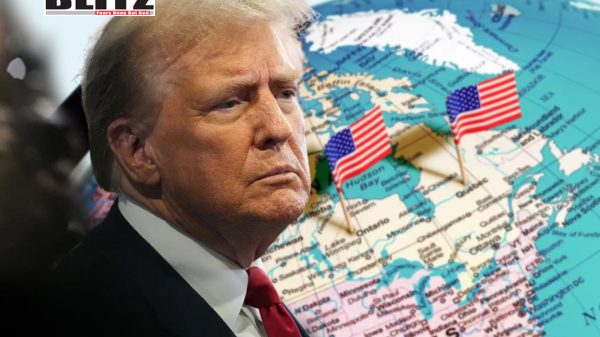

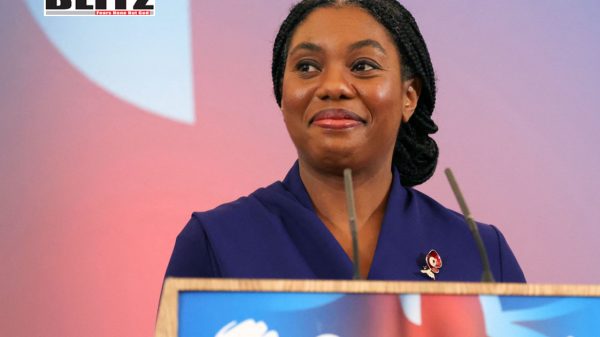
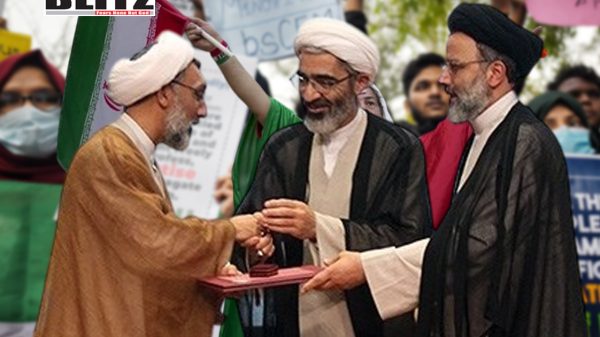
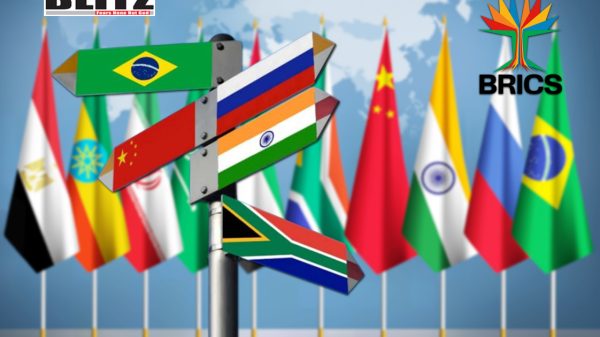
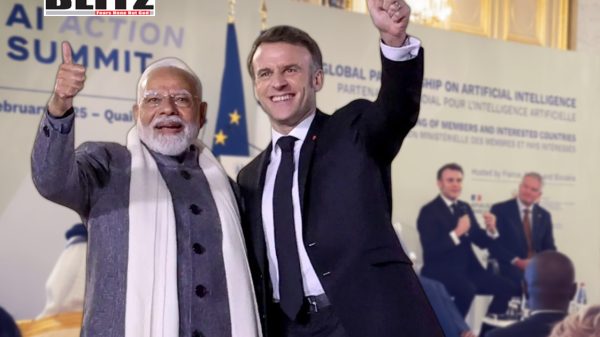

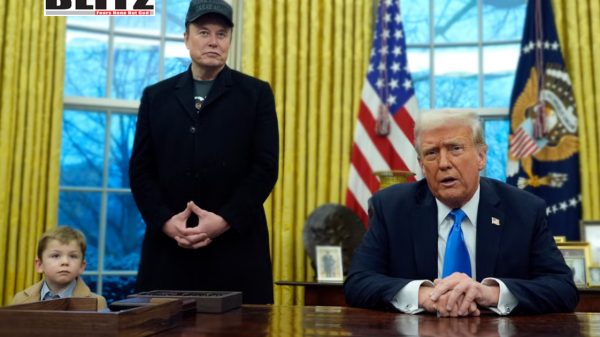
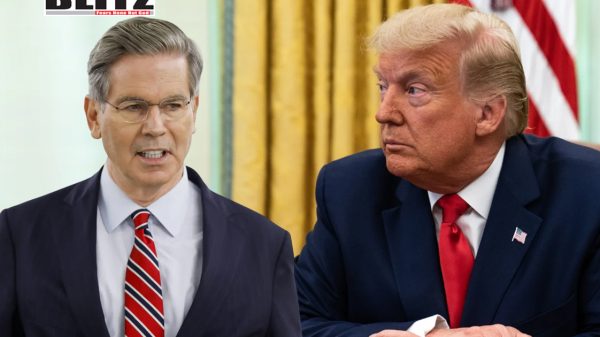
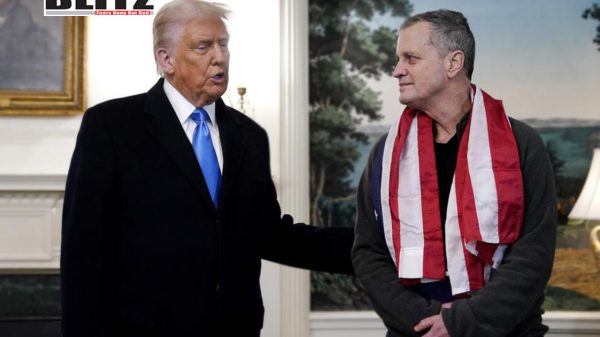
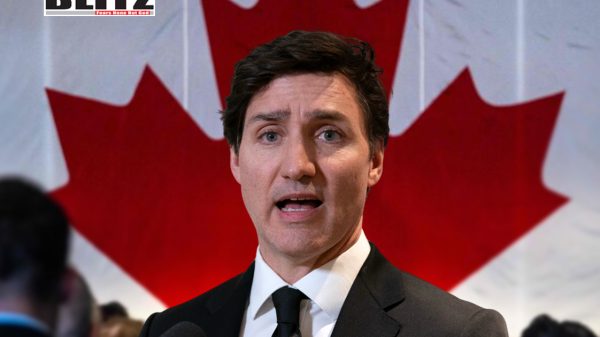
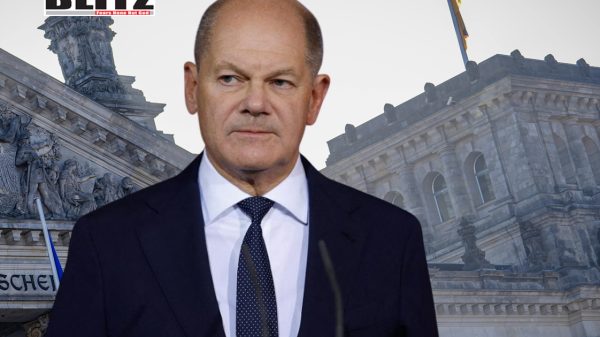

Leave a Reply